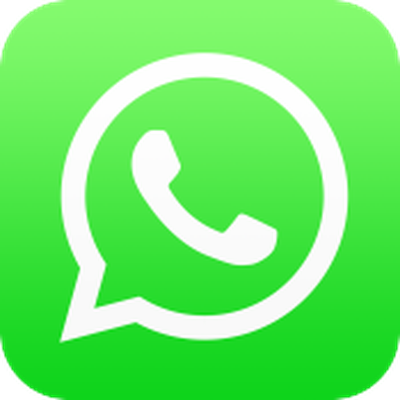 WhatsApp has enabled full end-to-end encryption for all users of the mobile instant messenger app.
WhatsApp has enabled full end-to-end encryption for all users of the mobile instant messenger app.
The Facebook-owned service started implementing end-to-end encryption to standard chat messages in 2014, but has now completed rollout to all forms of communication within the app, such as photos, videos and calls.
WhatsApp co-founders Jan Koum and Brian Acton officially announced the rollout on the company's blog:
From now on when you and your contacts use the latest version of the app, every call you make, and every message, photo, video, file, and voice message you send, is end-to-end encrypted by default, including group chats.
The idea is simple: when you send a message, the only person who can read it is the person or group chat that you send that message to. No one can see inside that message. Not cybercriminals. Not hackers. Not oppressive regimes. Not even us. End-to-end encryption helps make communication via WhatsApp private — sort of like a face-to-face conversation.
If you’re interested in learning more about how end-to-end encryption works, you can read about it here. But all you need to know is that end-to-end encrypted messages can only be read by the recipients you intend. And if you’re using the latest version of WhatsApp, you don’t have to do a thing to encrypt your messages: end-to-end encryption is on by default and all the time.
Encryption has become a hot topic in recent weeks following Apple's high-profile dispute with the FBI, which attempted to compel the company to unlock San Bernardino shooter Farook Syed's iPhone. On March 28 the Justice Department announced it had found an alternate method to gain access to the iPhone in question and dropped the lawsuit.
While the FBI has not shared how it was able to unlock the iPhone, nor shared details on what was found, it is believed Israeli mobile software developer Cellebrite, a company that offers "mobile forensic solutions," was enlisted to break into the device. The FBI is still working on analyzing the information found on the iPhone but says it's too early to tell if the data on the device is useful.
Last month, Swiss software developer and civil liberties outfit Proton Technologies released its end-to-end encrypted email app ProtonMail for iOS. Meanwhile, Apple is working to further harden iCloud security so that even it won't be able to access user information stored on its data servers.
WhatsApp Messenger is a free download for iPhone on the App Store. [Direct Link]
Note: Due to the political nature of the discussion regarding this topic, the discussion thread is located in our Politics, Religion, Social Issues forum. All forum members and site visitors are welcome to read and follow the thread, but posting is limited to forum members with at least 100 posts.
























Top Rated Comments
The end to end encryption is a start and a good thing though.
The feature set and security of Telegram is amazing. And the company has no problem explaining why they make this app free. I trust Telegram a *lot*.
Generally speaking, most people either don't care about encryption, don't know about it's importance, or think "I'm not doing anything so..." Besides, a large percentage of people freely share every detail of their lives online. :oops: To them, the concepts of privacy and encryption are about as relevant as a 3rd superfluous nipple.